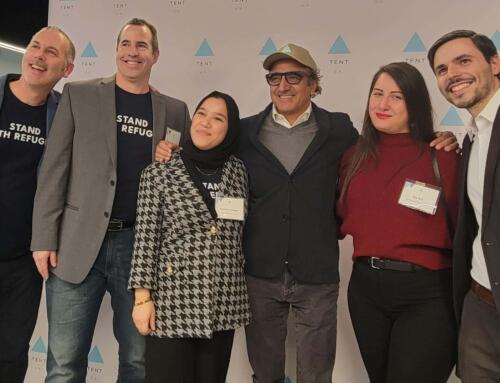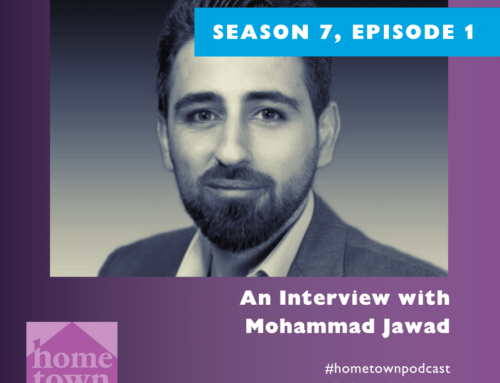One day in Philippi, the apostle Paul and his fellow missionary Silas got thrown in jail. They had
ordered the spirit of divination to leave a young enslaved woman, and as a result, her owners’
lucrative fortune-telling business went belly up. The authorities sided with the rich and powerful
men, as authorities are inclined to do, and that was it for our heroes.
In jail, Paul and Silas prayed and sang hymns until an earthquake opened up the door. But
instead of running away, they comforted the guard, who was ashamed. And then they baptized
him and his entire family and went over to his house for a middle-of-the-night dinner party. Paul
and Silas call on God, God’s justice is done and everyone eats.
In the morning, the police come by with a message from the magistrates that the prisoners should
be let go. But Paul is angry. “They have beaten us in public, uncondemned, men who are Roman
citizens, and have thrown us into prison; now they are going to discharge us in secret? Certainly
not!” Paul leans on his status as a citizen. And it works. Paul and Silas call on the empire, the
empire’s justice is done, and they go on their way with an apology in hand.
Today in the United States, we are throwing into prison men and women who are, like Paul and
Silas, uncondemned. But when we detain refugees and immigrants who have committed no
crime but violating immigration law, they cannot call on the empire. The empire’s justice is not
for them, because they are not citizens.
Especially now, those of us who are both Christians and U.S. citizens cannot take the privilege of
our citizenship for granted. But we can pray, and put our prayer into action by raising our voices
and votes in support of just policies and humane treatment for our refugee and immigrant sisters
and brothers. We might not cause earthquakes that open the doors of jail cells—but then again,
we just might.




